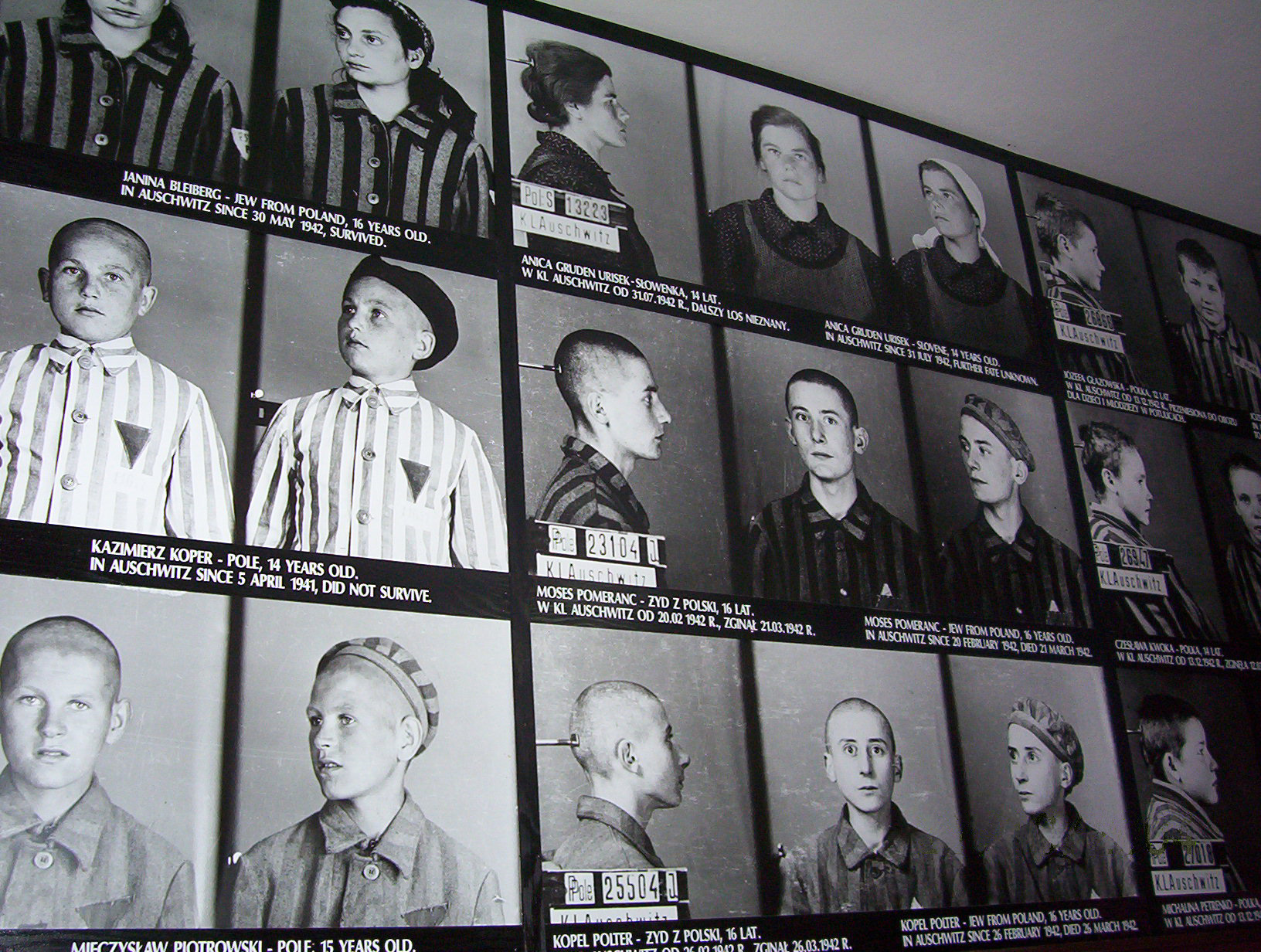Below is the text from this week’s Providence newsletter, germane to today’s inaugural events. The newsletter features editorial reflections, rants, and blather about contemporary and historical issues within our publishing focus, as well as helpful links to essays and events, from our own and allied publications–and sometimes even adversarial. If you like what you see, please sign up for the free subscription.
—
This inaugural week a pair of otherwise unrelated stories commanded my attention on the same day, both bear reflection on this of all weeks. They share details, in a general way, and can be cast as a tale of two soldiers. However, their separate military careers have little in common; one honored their uniform to the nth degree, the other disgraced it.
The later, as won’t surprise you, is Pvt. Manning—whose prison sentence for espionage was commuted by outgoing President Obama from 35 years to about 7, with the private set for freedom in May. The only good to be found in all of this is the word “outgoing”; for while mercy, to be sure, is a Christian virtue so too is justice, and repentance. Taken all together, contrition, at least, should always precede commutation. Manning, of course, while assigned to an intelligence analyst in Iraq, in a time of war, downloaded and distributed to Wikileaks several hundred thousand documents that gave detailed classified information regarding American military, intelligence, and diplomatic activities in Iraq, Afghanistan, and elsewhere. The documents disclosed identities of foreign contacts assisting the US military, revealed sensitive diplomatic efforts, exposed strategy and tactics, and other important mission and combat practices. As one essay over at NRO put it, “to borrow a football analogy, it was like handing the opposition your play book—except with lives on the line.” This last point illuminates Manning’s crime most clearly. More important than what was in the documents is the simple fact that given the sheer volume of Manning’s theft, there was no way for Manning to know the real nature of the classified material. But to have disseminated the material anyway was to display an abhorrent disregard for the possibility that lives were being put at risk. Such callous indifference is a moral abomination.
The other soldier, more worth talking about, is Lt. Mark Daily. Wednesday brought his story also to my attention—and with it deep quantities of both sorrow and admiration. I ran across it in a new tweet linking to a 2011 New York Times article by the novelist and veteran Matt Gallagher. The tweet was in commemoration of the tenth anniversary of Mark Daily’s death. Gallagher’s piece is informative on its own but he also recommends a longer essay by the late Christopher Hitchens. Hitchens’ piece, “A Death in the Family” is heartbreaking and extraordinary in equal measure. Hitchens writes:
Lieutenant Daily crossed from Kuwait to Iraq in November 2006, where he would be deployed with the “C,” or “Comanche,” Company of the Second Battalion of the Seventh Cavalry Regiment—General Custer’s old outfit—in Mosul. On the 15th of January last, he was on patrol and noticed that the Humvee in front of him was not properly “up-armored” against I.E.D.’s. He insisted on changing places and taking a lead position in his own Humvee, and was shortly afterward hit by an enormous buried mine that packed a charge of some 1,500 pounds of high explosive…It’s some consolation to John and Linda Daily, and to Mark’s brother and two sisters, and to his widow (who had been married to him for just 18 months) to know that he couldn’t have felt anything.
The essay goes on to describe how Mark Daily was inspired to join the military, in part, by Hitchens’ strong, early support for the Iraq War. After hearing about Mark’s death, Hitchens contacted the young man’s family, but was fearful that they were resent him. Instead, they embraced him. The story that follows is, I think, a quintessentially, not to say uniquely, American story. I cannot commend it to your attention highly enough. It’s the perfect read for a day like today. It reminds us that national service is often defined by acts of other-centered self-donation. This, in turn, requires that there be a self worth donating in the first place.
A tale, then, of two soldiers: one who has apparently no idea what it means to serve, and, another who knew how to do so in the full measure. To be sure, to read accounts of both Manning and Daily is also to learn something about the two very different families that helped shape them. Families matter and, in many ways, it seems that Manning had a far greater amount of obstacles to overcome. Some might suggest he really had no chance at all. Perhaps, but then that is an occasion for grief and rescue–but not for so drastic a commutation.
Two such stories in a week that is, in a different way, also a celebration of service. However heartened I am at the departure of Barack Obama, I acknowledge his national service and I trust that for him it really never was actually all about him. Regarding the incoming president, readers of Providence recall my dismay over his winning the Republican nomination. Nevertheless, the American President he is and the leader of the free world to boot. I am eager to see him succeed and prayerfully wish for wisdom, probity, endurance, and courage. In large measure, his (largely encouraging) cabinet choices resonate with extraordinary examples of extraordinary service. Many of his senior choices: including at least Mattis, Kelly, Flynn, Zinke, and Haley are either warriors themselves or married to warriors. Others have led industries, or been respected professionals in medical or political leaders. They all served with extraordinary distinction and reflecting on such service—and that of folks like Lt. Mark Daily—calls to mind, yet again, the unpayable debt that is owed to so few by so many.
Such inaugural thoughts might be concluded well with words addressed by Abraham Lincoln to the young men of the Lyceum of Springfield, Illinois. Reflecting on the importance of the perpetuation of our political institutions, Lincoln said:
We find ourselves under the government of a system of political institutions, conducing more essentially to the ends of civil and religious liberty, than any of which the history of former times tells us. We, when mounting the stage of existence, found ourselves the legal inheritors of these fundamental blessings. We toiled not in the acquirement or establishment of them—they are a legacy bequeathed to us, by a once hardy, brave, and patriotic, but now lamented and departed race of ancestors.
The perpetuation of those achievements, the ongoing legacy of rendered service, is the imperative requiring faithful performance—inaugurated today, for certain, but everyday as well.
—
Marc LiVecche is the managing editor of Providence







 Sponsor a student for Christianity & National Security 2024
Sponsor a student for Christianity & National Security 2024